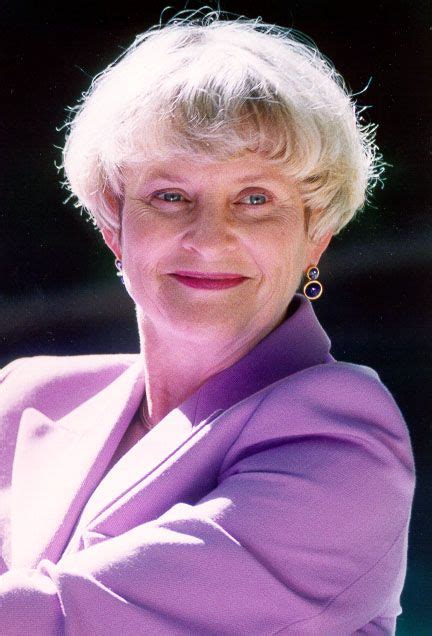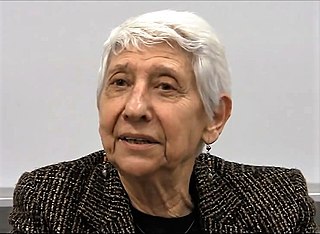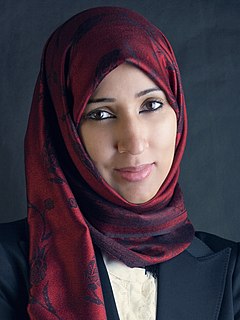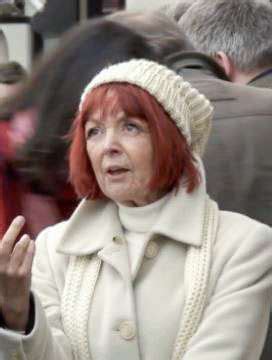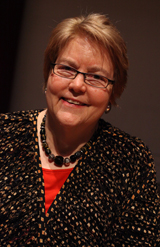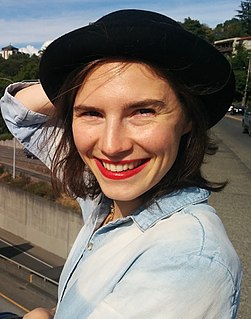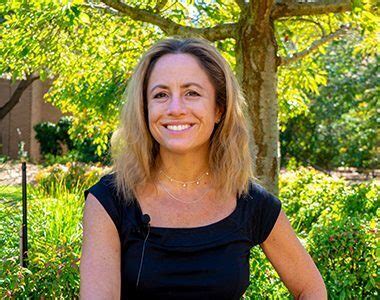A Quote by Dale Spender
It is partly the absence of recorded history which sends women now to the lives of women past for the detailed documentation of their daily lives.
Related Quotes
... if, as women, we accept a philosophy of history that asserts that women are by definition assimilated into the male universal,that we can understand our past through a male lens--if we are unaware that women even have a history--we live our lives similarly unanchored, drifting in response to a veering wind of myth and bias.
In the daily lives of most men and women, fear plays a greater part than hope: they are more filled with the thought of the possessions that others may take from them, than of the joy that they might create in their own lives and in the lives with which they come in contact. It is not so that life should be lived.
This moment right here, me standing up here all brown with my boobs and my Thursday night of network television full of women of color, competitive women, strong women, women who own their bodies and whose lives revolve around their work instead of their men, women who are big dogs, that could only be happening right now.
There are many images and realities of what women are, become, can be - strong, vulnerable, dogged, determined, frail, brave, courageous. The faces of women are at once gentle, reflective, firm; steeped with a sense of self, the lives of women growing older are lives of care, toil, splendour and glory... the future is not to be feared.
We have to start looking at the world through women's eyes' how are human rights, peace and development defined from the perspective of the lives of women? It's also important to look at the world from the perspective of the lives of diverse women, because there is not single women's view, any more than there is a single men's view.
An ethic of maternalism was central to the utopianism of 19th century feminists. I don't think that today's women see motherhood as a source of personal power, let alone political power. I don't think that women now have that same sense that their lives as mothers gives them any special power or virtue. I think women see their lives as mothers as an adjunct to their working lives - a fulfilling and important adjunct, to be sure - but something they do in addition to working in the public realm, not because being a wife and mother gives them a distinct edge in improving the world as we know it.
Women have entered the work force . . . partly to express their feelings of self-worth . . . partly because today many families would not survive without two incomes, partly because they are not at all sure their marriages will last. The day of the husband as permanent meal-ticket is over, a fact most women recognize, however they feel about "women's liberation.
